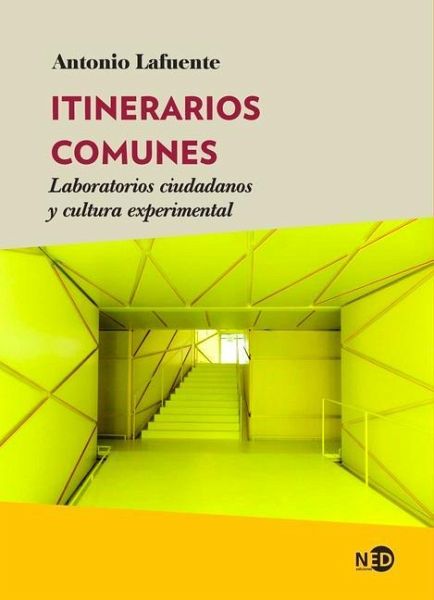
Itinerarios comunes

PAYBACK Punkte
11 °P sammeln!
The commons has made its way as one of the currents of thought and practices that seek alternatives to the patterns used by the capitalist system. Instead, the commons offer different economic and social models that, at the same time, constitute an experimental space for the production of knowledge. A common world is understood, by default, to be under construction and open to collaboration. Following this same line, Antonio Lafuente goes beyond the political theory of the common and deals with collaborative initiatives or citizen laboratories that are activated to face a collective demand. Co...
The commons has made its way as one of the currents of thought and practices that seek alternatives to the patterns used by the capitalist system. Instead, the commons offer different economic and social models that, at the same time, constitute an experimental space for the production of knowledge. A common world is understood, by default, to be under construction and open to collaboration. Following this same line, Antonio Lafuente goes beyond the political theory of the common and deals with collaborative initiatives or citizen laboratories that are activated to face a collective demand. Composing, experimenting, communalizing and caring: as the author himself argues, the culture of experimentation is articulated around these main axes to create new common itineraries. This essay brings together praxis and approaches that can be useful to organizations and institutions, but also to individuals, to visualize responses to the permanent crisis we are experiencing.




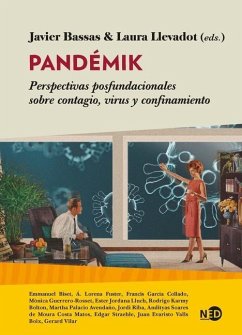
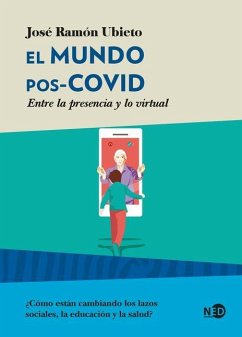
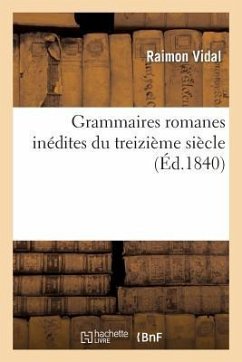
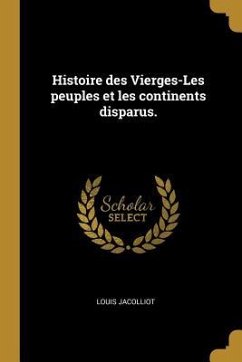
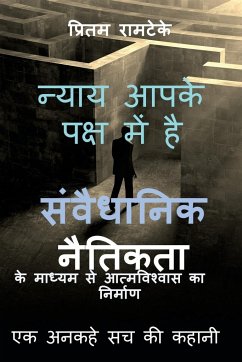
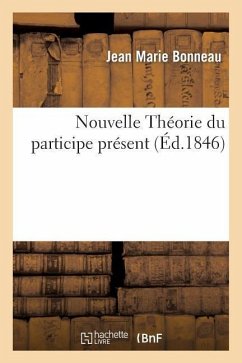
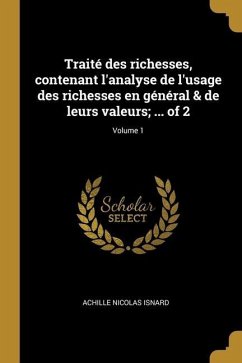
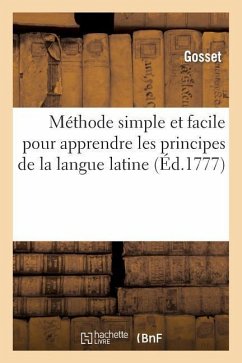
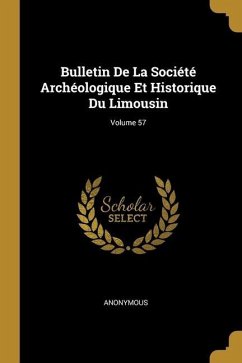
![Inventaire Sommaire Des Manuscrits Grecs De La Bibliothèque Nationale: Ptie.] Introduction Et Table Alphabétique Cover Inventaire Sommaire Des Manuscrits Grecs De La Bibliothèque Nationale: Ptie.] Introduction Et Table Alphabétique](https://bilder.buecher.de/produkte/65/65729/65729771n.jpg)